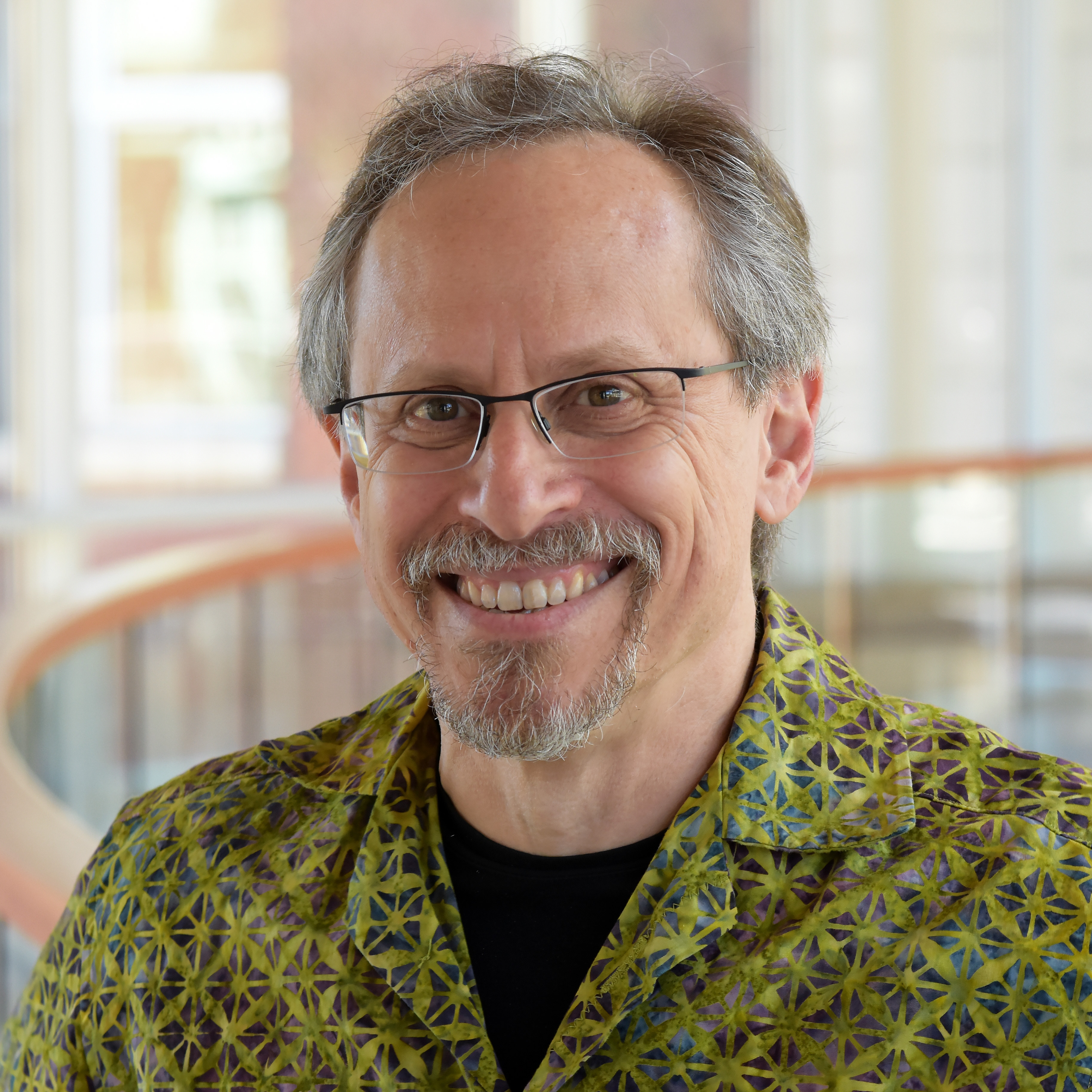AIAS Fellows' Seminar: Herman Mark Schwartz
How the knowledge economy worked (and didn't) before and after COVID19

Due to the corona crisis and the physical lockdown of the university and the physical distancing, the seminar will be held online, via Zoom:
https://aarhusuniversity.zoom.us/j/67988771087
Abstract
Software ate the world" after 1994. What were the internal dynamics of the knowledge economy and what will the COVID19 crisis change? Here I highlight five major features. 1) the shift from vertical integration to 'fissured' corporations. 2) the related construction of global supply chains. 3) intra-capitalist distributional struggles over profits displace struggles between capital and labor as the major (but not sole) dynamic factor. 4) the re-emergence of markets as states' preferred form for governing population behavior. 5) the shift of risk away from states/society to individuals and households. 1, 2, and 3 = the anorexic corporation in a globalized world. 3 and 4 = the anorexic or austerity state. COVID19 calls into question all five elements. What is most likely to change?
Short bio
Herman Mark Schwartz is a geographically oriented economic historian interested in how power shapes the economy. He has studied economic development, transformation of the welfare state, employment policy, housing markets, and, most recently, the information economy.
See Herman Mark Schwartz's project at AIAS
What is a Fellows' Seminar?
The AIAS Fellows' Seminar is a session of seminars held by the AIAS fellow or by other speakers proposed by the fellows. In each seminar, one fellow will present and discuss his/her current research and research project, closing off with a question and discussion session.
All seminars are held in English and open to the public. Registration to the seminar is not necessary.
